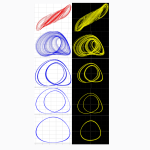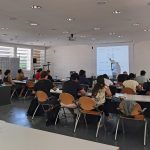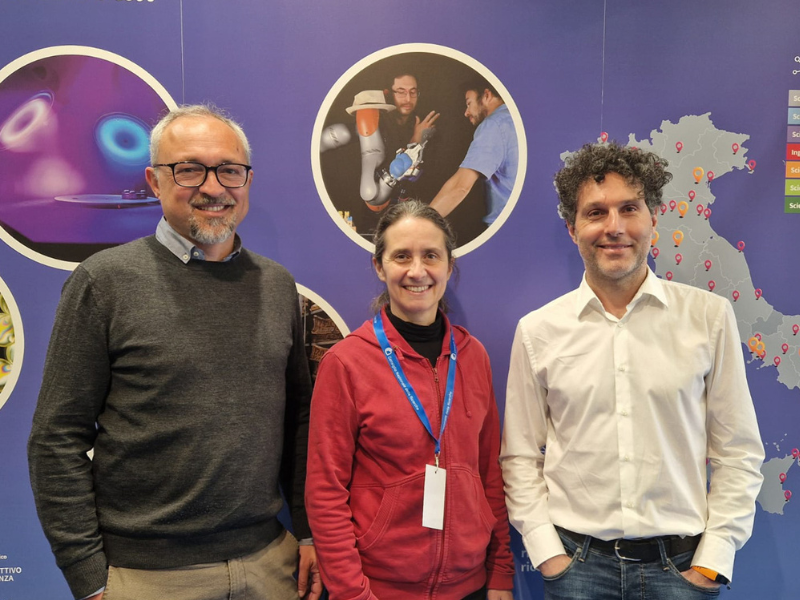
The “Ginoux–Meucci–Chua” Model: New Perspectives for Nonlinear Dynamics in Memristive Circuits
August 11, 2025
Quantum Technology and Advanced Research: the 2025 Summer School concludes successfully
August 29, 2025With the arrival of summer, the CNR’s Almanacco della Scienza has dedicated a special article to the theme “Science at Play”: a journey through scientific games designed to make learning fun and accessible even outside academic classrooms.
Among the featured games is “Quanto”, an original card game inspired by the principles of quantum mechanics, created at the National Institute of Optics (INO) of the CNR. With “Quanto”, Chiara Menotti provides a virtuous example of how scientific research—particularly in the field of quantum physics—can enter everyday life through playful, intuitive, and inclusive tools.
Among the protagonists of this special issue of the Almanacco della Scienza dedicated to scientific games are Chiara Menotti and Alessio Recati, researchers at the CNR’s National Institute of Optics, who explain the potential of “Quanto” as a playful tool to “absorb concepts of quantum mechanics in an intuitive and enjoyable way.” Their contribution to the CNR’s Almanacco enriches the landscape of science communication, making it accessible even to those approaching complex topics for the first time.
The idea at the heart of the project is both simple and powerful: to transform complex concepts such as state superposition, wave function collapse, and probabilistic entities into an accessible gaming experience that sparks curiosity and fosters intuitive understanding of one of the most fascinating and mysterious theories in physics.
“Quanto” is a serious game developed within the project “Change the Game,” designed to bring players closer to the basic concepts of quantum mechanics. The game simulates quantum operations on two qubits, also integrating special actions such as measurement, noise, and error correction. Participants can gradually and intuitively learn fundamental notions of quantum physics and try their hand at solving simple quantum circuits.
But the goal is not only educational. As Menotti explains, the idea is also to break down the cognitive barriers that often make physics seem difficult or inaccessible: “We wanted a tool that would allow even the youngest to discover that quantum mechanics can be understood and tackled without fear.”
Thanks to its innovative approach, “Quanto” thus becomes not only a game, but also a bridge between research and society, capable of bringing new audiences closer to one of the most fascinating frontiers of contemporary science.




